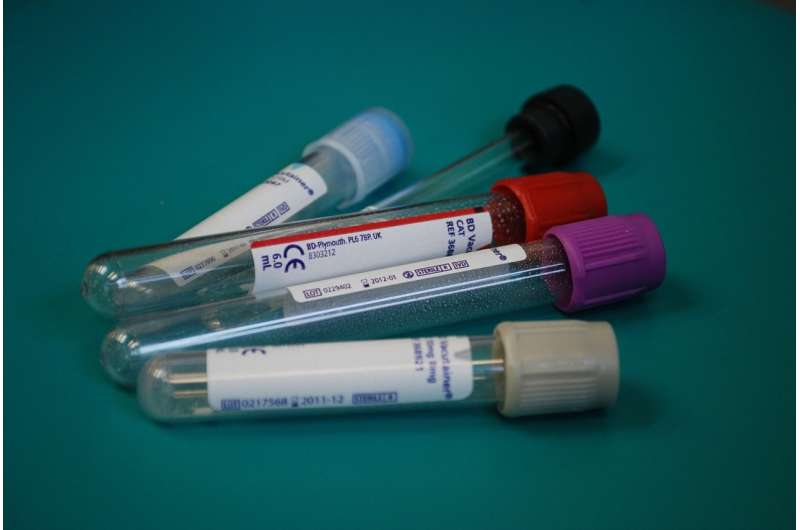COVID-19: Mayo Clinic expert on what it's going to take to reopen the US

Widespread stay-at-home efforts have forced many businesses to close during the COVID-19 pandemic. As talk of reopening the economy ramps up across the U.S., Dr. Gregory Poland, a Mayo Clinic COVID-19 expert, answers questions about what it's going to take to get to that point.
Q. Do you believe the U.S. is at a point where social distancing measures can be relaxed and things can start reopening?
A. We're not there yet. I understand that people are sort of tired of the social distancing, but we're just starting to see the fruit of those efforts. Let's not jump the gun prematurely and have to start all over.
Q. What could happen if the country reopens prematurely?
A. Opening prematurely means we might start all of this over again rather than sustain this for another two to three weeks, see that the caseload really is flattened down and staying down, and then in a phased way begin to reopen. Otherwise we could see increasing community transmission and increasing the number of cases. That's what happened, for example, in Japan. They sent their kids back to school, I think, prematurely. That experiment has been done and what did we see 14 days later? A major uptick in cases again.
Q. Under what public health conditions would the country be ready to begin reopening?
A. One is that we need to see the caseload really bend down low, which is an indication of decreased community transmission. Secondly, we need the ability to do testing and we're not quite there yet. Once we have that testing, the ability to do contact tracing so that we can quarantine and isolate remaining cases. The last one, this is a big issue particularly for some of our major cities, you don't want to do that unless you have hospital and medical care capacity. In other words, you don't want to trigger something happening and again have a surge demand on the medical system.
Q. Why is testing so important in this regard?
A. It's important for two reasons: the molecular diagnostic test we have, called RT-PCR, are tests designed to tell us if someone is currently infected, or has the virus. That's important because we're going to want to isolate or quarantine those individuals so they don't transmit it to others.
The other test is a serology test. These are tests done after the fact to determine if someone was infected in the recent past and might that mean immunity. Obviously, the advantage of knowing that is you're not concerned about your own risk anymore and you're able to go back to work. Another important part of doing the serology testing is to know what% of a community has been infected, that's really a key thing.
©2020 Mayo Foundation for Medical Education and Research
Distributed by Tribune Content Agency, LLC.




















